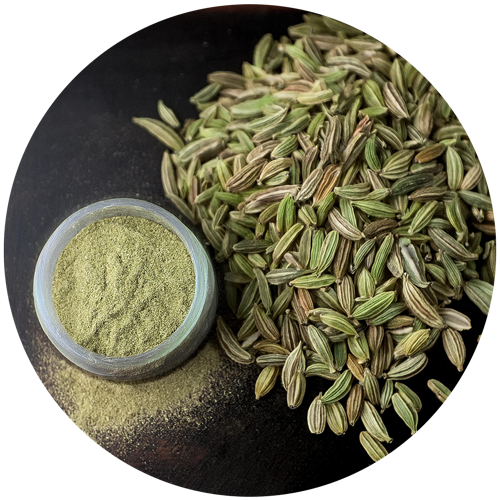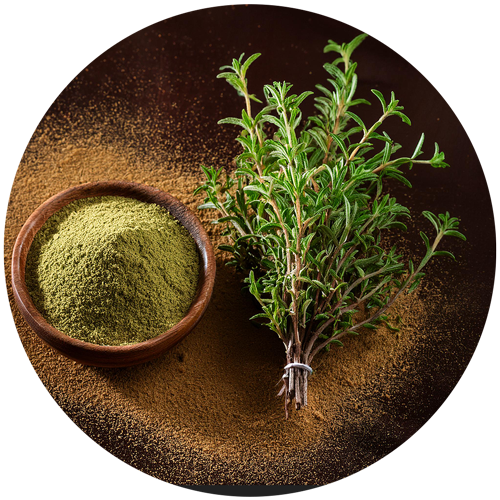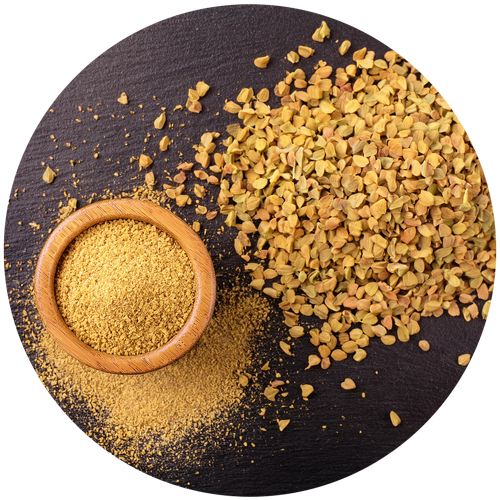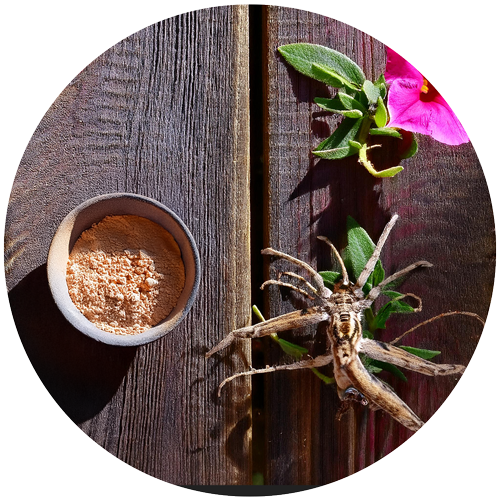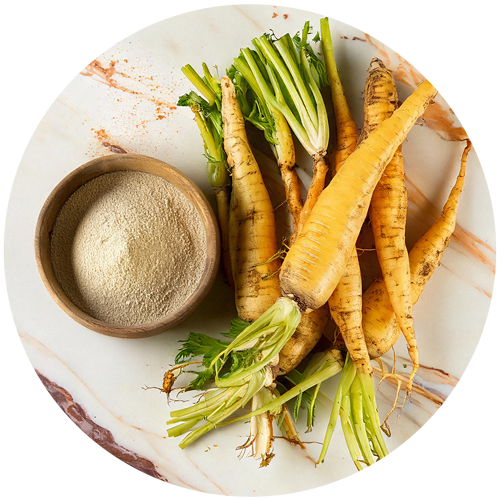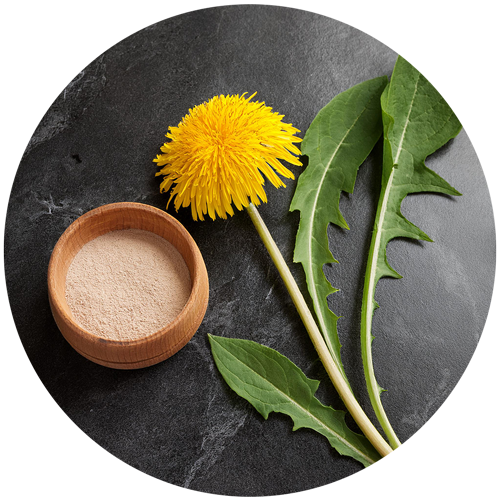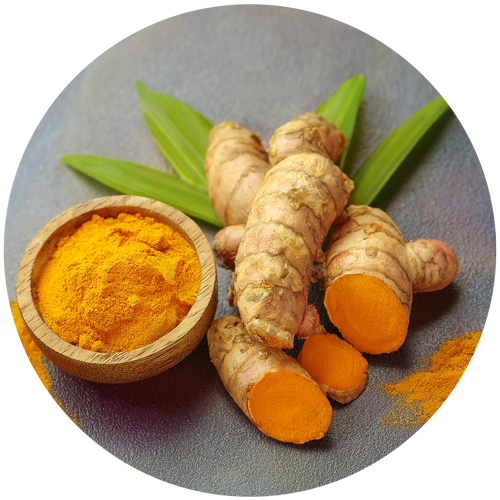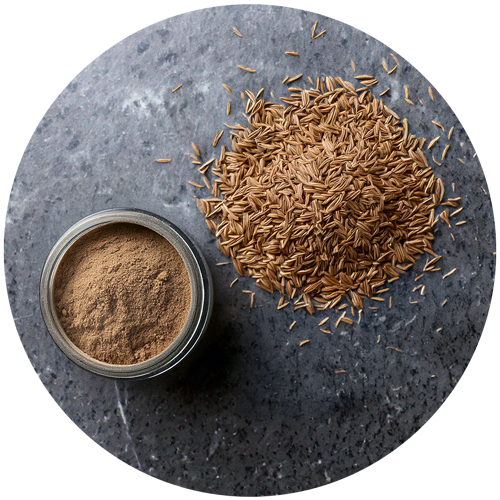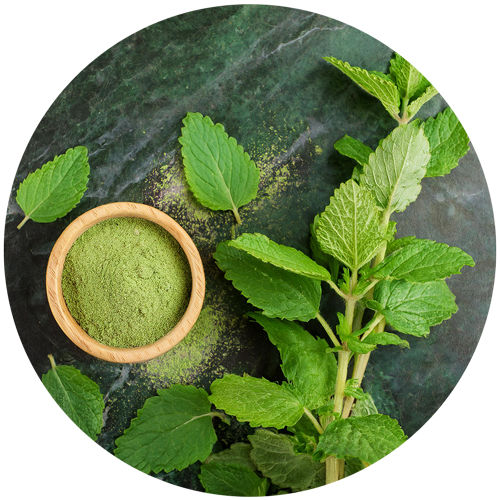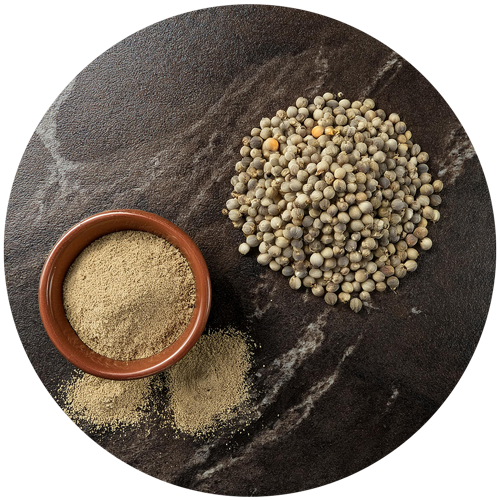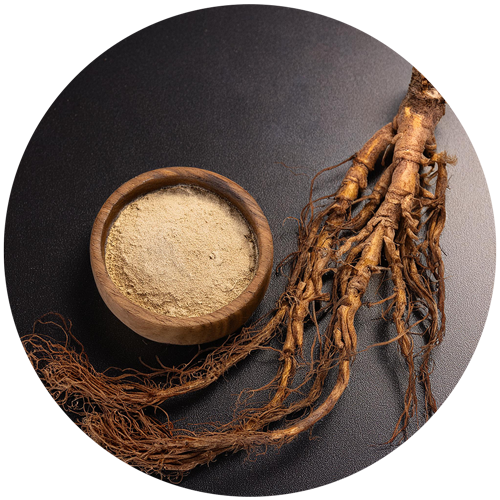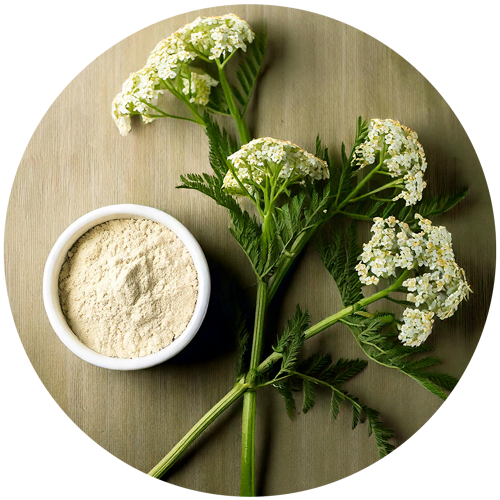

YARROW
 Premenstrual syndrome
Premenstrual syndrome  Digestion
Digestion  Appetite
Appetite Yarrow Achillea millefolium, rich in flavonoids and essential oils, is used for digestive comfort and to soothe the skin.
Regulations
and analysis
Identification : TLC
Data on traditional use
Cahier de l’agence du médicament (France):
-
Traditionally used to aid digestion
-
Traditionally used to soothe abdominal pain of digestive origin.
EMA monograph :
- Traditionally used for loss of appetite
- Traditionally used for the symptomatic treatment of mild gastro-spasmodic symptoms (including bloating and flatulence).
- Traditionally used for the symptomatic treatment of minor spasms associated with menstruation.
German monograph :
- Used for loss of appetite, indigestion, such as spasmodic discomfort of the gastrointestinal tract
Association ideas by health benefice
Select one or more axes:
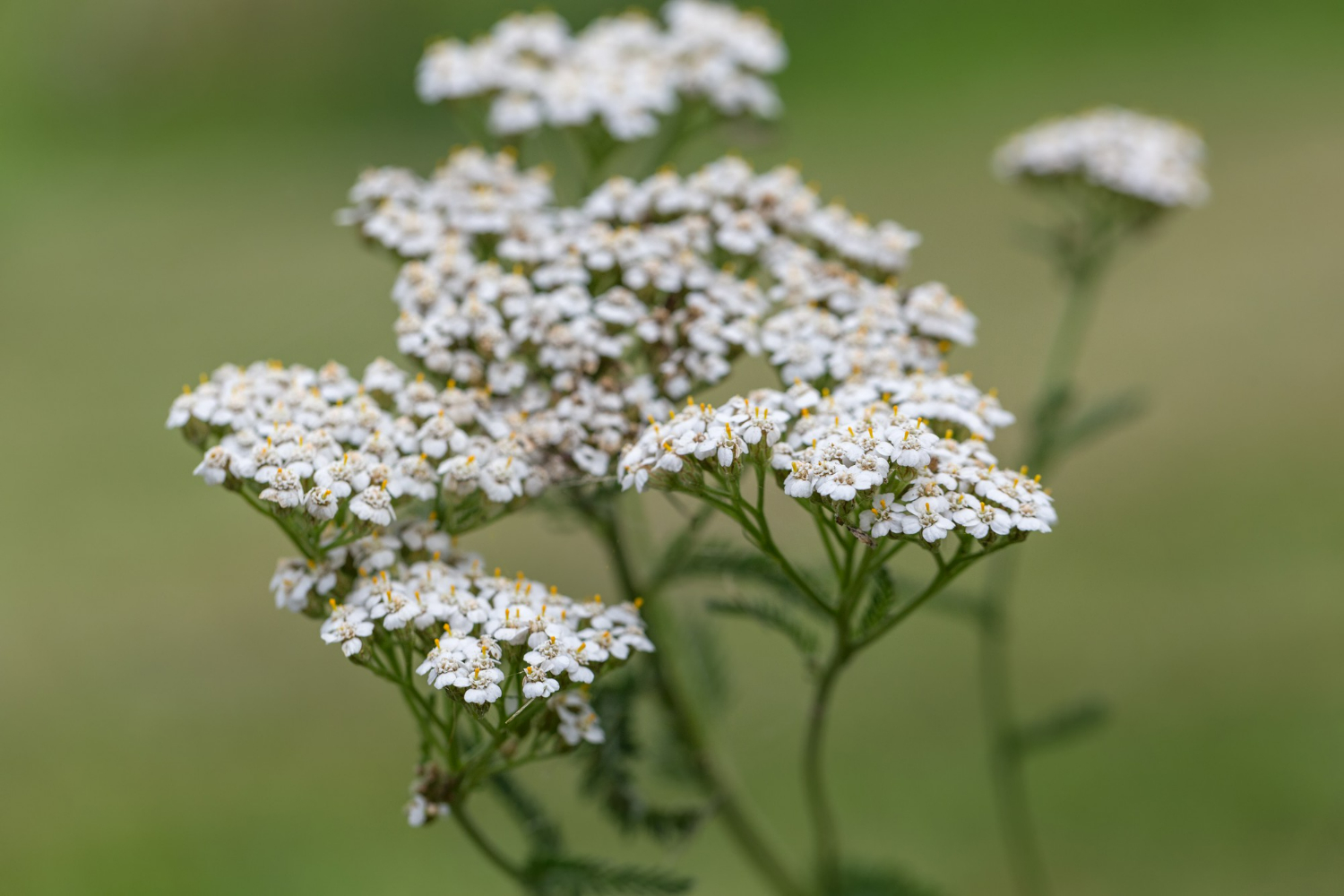
Detailed description
Yarrow, Achillea millefolium, is a perennial plant of the Asteraceae family, widespread in temperate regions of Europe and Asia. Used for centuries in traditional medicine, it is recognized for its applications in digestive and cutaneous well-being.
The flowering tops of yarrow are rich in bioactive compounds, including flavonoids (luteolin, apigenin), phenolic acids (chlorogenic acid), and essential oils containing camphor and 1,8-cineole. These molecules help protect cells against oxidative stress and support natural processes linked to digestive comfort.
Yarrow has traditionally been used to aid digestion, soothe mild intestinal discomfort and improve skin appearance. Its astringent and softening properties also make it a popular ingredient in cosmetic formulations designed to soothe skin irritations and maintain healthy skin.
Thanks to its many bioactive compounds, yarrow is used in formulations designed to promote general well-being and digestive comfort.
